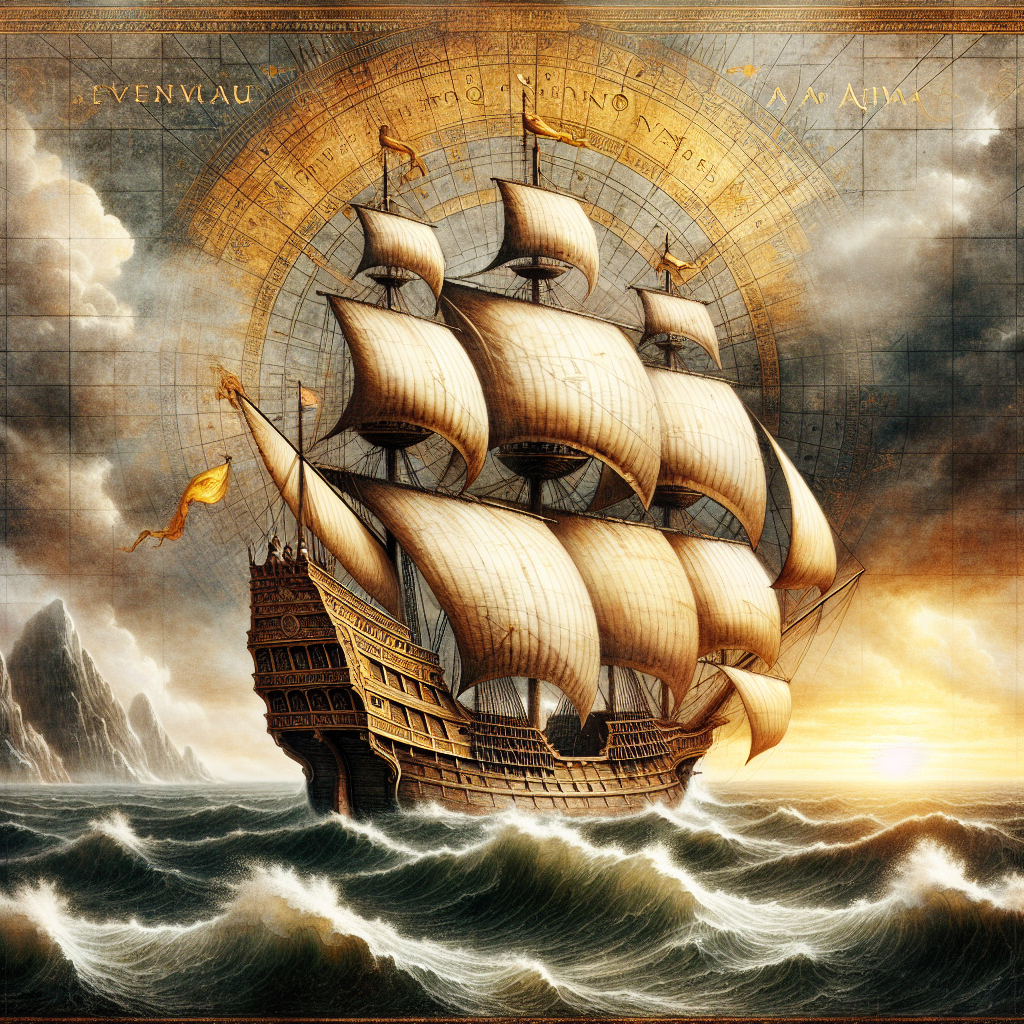Christopher Columbus stands as one of the most contentious figures in American history, transforming over time from a celebrated national hero to a symbol of oppression and colonialism. This dichotomy reflects a broader cultural and political divide within society. Leftist critics condemn Columbus as a ruthless figure intent on enslaving and exterminating Indigenous populations, arguing for the removal of statues and the reconsideration of holidays named in his honor. Conversely, right-leaning perspectives see Columbus as a courageous pioneer whose voyages laid the groundwork for the establishment of the United States. Despite these polarized views, both sides overlook a crucial aspect of Columbus’ character and motivations, which diverge from the mainstream narratives that focus solely on conquest or tyranny.
Often absent from the discussions of Columbus’ legacy is his spiritual mission—he viewed his expeditions as part of a divine calling to evangelize. Rather than a mere explorer or conqueror, Columbus saw himself as a “Christ-bearer,” as suggested by the etymology of his name. This interpretation paints Columbus not only as a man seeking wealth or fame but as someone driven by a profound spiritual purpose. His arrival in the Americas coincided with significant dates in the Catholic calendar, further emphasizing that he believed Providence was at play in his endeavors.
Columbus’ diary entries reveal that much of his intent was centered around winning the favor of the Native peoples and offering them Christianity. He believed that the conversion of the Indigenous populations was vital and often articulated this goal in his writing. He provided gifts to the natives, not as acts of exploitation but as a means of earning their trust in the hope that they would embrace the Christian faith and, by extension, improve their own societal conditions. Columbus perceived his duty as not just navigating uncharted waters but also as a missionary of Catholicism, motivated by a genuine concern for the souls of the people he encountered.
Contrary to interpretations that cast Columbus solely as a figure of oppression, historical documents suggest that he was concerned about the rights and dignity of the Indigenous populations. Amidst a climate where exploitation was prevalent, he sought to advocate for their well-being. Pope Leo XIII acknowledged Columbus’ devotion to his mission in “Quarto Abeunte Saeculo,” noting that Columbus demonstrated a singular commitment to paving the way for the Gospel. This highlights Columbus’ unique position among his contemporaries, as he prioritized spiritual responsibility even amid the rampant greed of other explorers and conquistadors.
When analyzing Columbus’ legacy, scholars like Samuel Eliot Morison illuminate his complex character. Morison describes Columbus as “a Man with a Mission,” reiterating that such individuals often come off as obstinate or difficult to those who cannot grasp the depth of their commitments. Columbus faced immense challenges—ranging from the skepticism of his crew to the vast uncertainties of the sea. His missionary zeal and faith set him apart from other figures of his time, making him a unique embodiment of the challenges of exploration during the Age of Discovery.
In conclusion, Columbus should be viewed through a multifaceted lens that acknowledges both his human flaws and his aspirations for spirituality and improvement for the Indigenous peoples he encountered. His legacy is complex, and while it is essential to understand the ramifications of European colonialism, neglecting Columbus’ own mission and intentions simplifies a historical narrative that is far richer and more nuanced than the dichotomies proposed by modern critics. Ultimately, Columbus’ story reflects a larger tale about the interplay of faith, exploration, and the complexities of cultural encounters in history—a legacy that warrants a more balanced and thorough examination.

